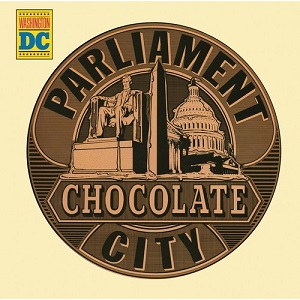montestewart wrote:payitforward wrote:offensive rebounds which are worth much more to his team in added value.
I think you've explained this before, and I'm sure it's a good explanation, but I've forgotten. Why are offensive rebounds more valuable? I'm starting with the premise that, however the superior value of ORBs is defined, a DRB denies that superior ORB value to the opposing team, thus more or less equalizing the rebound values (and I know that's pretty basic, so help a brother out).
Running statistical regressions on rebounding tells us that if player X doesn't get a rebound, there is a 100% chance that some other player, either on player X's team or on the other team, will get that rebound. Well... actually, we don't have to run any regressions to know that, do we?

But those regressions do tell us this: if player X doesn't get a
defensive rebound, there is a 65% chance that some other player on his team will get that rebound. If he doesn't get an
offensive rebound, there's only a 35% chance that one of his teammates will get that board; 65% of the time the opposing team will get it.
Only 2 things actually win basketball games: TS% and number of shots (number of FTAs also figures in, but much less). Why? Because to win, you have to score more points than the opponent, and those are the only ways you can do that!
If you have a lower TS% than the other team in a game, unless you take more shots than that team does there's no way you can rack up more points, no way you can win the game. The only way you take more shots is if you get offensive boards on your misses. Duh.
You only get an offensive board when your team misses a shot (bad for TS%); fortunately that O board gives you another shot (good for taking more shots than your opponent).
No matter what narrative anyone provides about why teams do this, that or the other thing, the above remains the case. Quite simply, there's no way around it. And that's what makes offensive boards a more valuable individual contribution (given the 35% / 65% spread of where the ball goes if you don't get that offensive board).
















